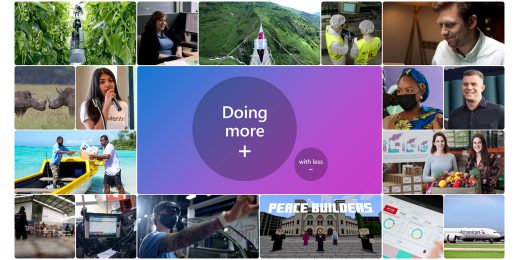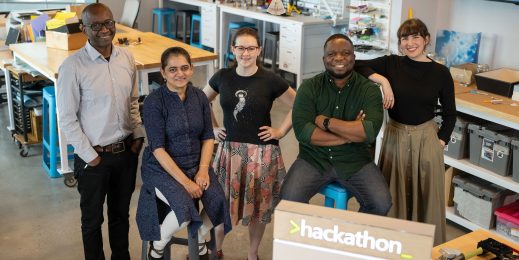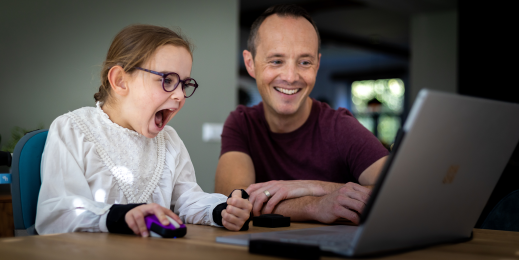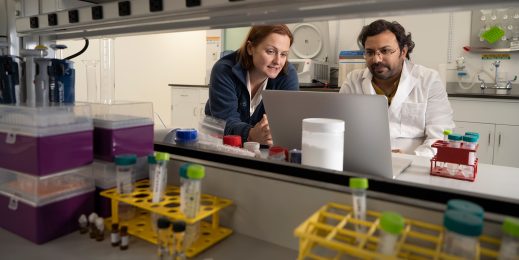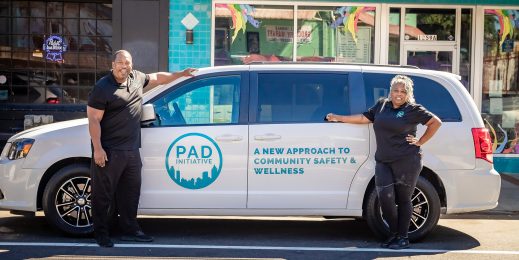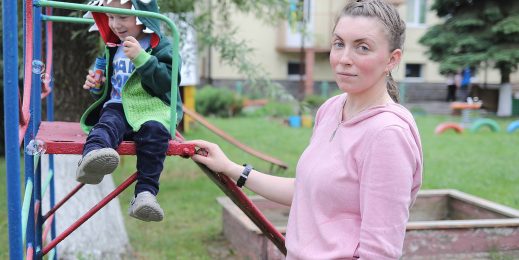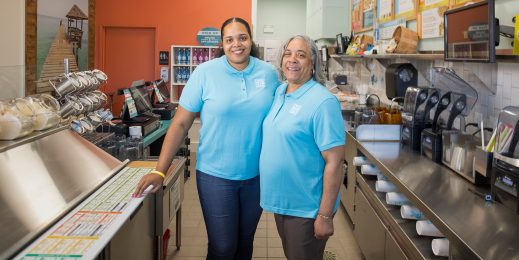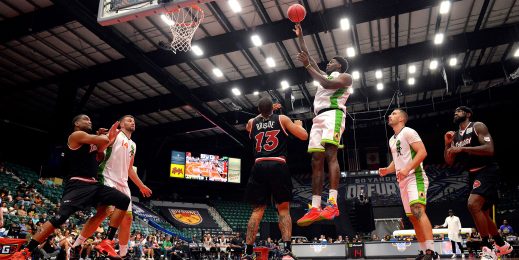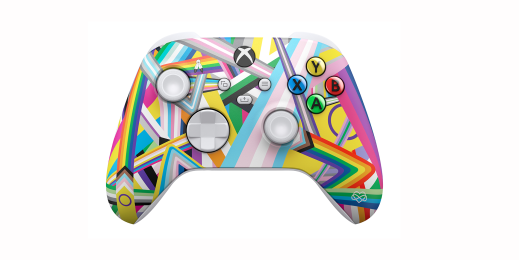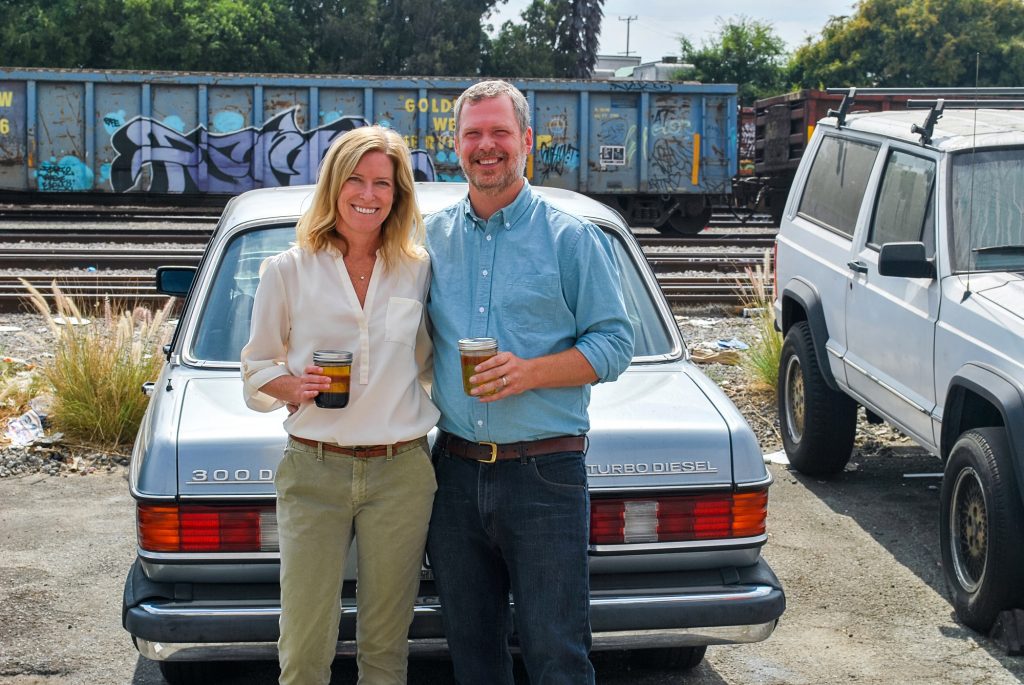
Further Products: Turning grease into soap as a family business
It all started with Marshall Dostal making biodiesel at home to power his old, rumbly Mercedes 300D. He would pick up kitchen grease from restaurants around Los Angeles and brew it into biofuel, leaving drums of the byproduct glycerin amassing in the garage, much to his wife’s dismay.
“I was like, ‘You need to get rid of it,” recalls Megan Dostal with a laugh. “And he said, “No, I think you can make soap with this.”
So began the couple’s unconventional journey to create Further Products, a thriving small business that makes sustainable soap, lotion and soy candles now found in high-end restaurants, hotels and stores around the country. With its motto “Wash responsibly,” the company turns used restaurant cooking oil into fine glycerin products and sells the soap back to restaurants in a smooth, zero-waste loop.
“The way it’s all started has been very organic and it very much is ‘us,’” says Megan. “It was never like, ‘Being eco is hip right now; let’s start a company.’”
The road to upcycling success hasn’t always been easy for the couple, who became entrepreneurs with no formal business backgrounds. But with the help of Microsoft technologies, they’ve learned how to make, market, sell and ship their products; manage their growth in a sustainable way; and balance time for themselves and their 10-year-old son Wyatt.
For Marshall, making biofuel and soap from used oil is a natural extension of how he grew up, in an eco-conscious Connecticut family that kept chickens and wore thick sweaters in the winter instead of turning up the heat. He and Megan met in their 20s in New York City, where he worked in sales for a post-production facility, and she was the promotions manager for Vogue magazine. They moved to LA soon after 9/11.
In Los Angeles, Marshall’s first attempts at soap-making produced a scentless, foamless, cloudy liquid that Megan didn’t love. “It was like a real hippie soap,” Marshall says. Megan began to offer ways to improve the product’s look and feel. She worked on packaging and helped create Further’s now-signature scent of bergamot, olive and exotic grass oils. The couple sold the soap at a trade show and began to believe they could turn it into a business.
But the decision to quit their day jobs, pour themselves into a new business and raise their son at the same time was stressful and risky.
“There were so many things to think about,” says Marshall. “Where do we get the packaging from? Where do we get the pumps from? Where do we source the ingredients, labels? We had nothing. We were just feeling our way.” Their friends also wondered how the couple could start a business together without fighting all day long.

But sharing a business played to the Dostals’ strengths, with Marshall now running production, distribution, billing and vendors, and Megan overseeing product development, marketing, social media and customer contacts. “We’re ‘Beauty and the Grease,’” jokes Marshall. “It’s very much a partnership in that she does what she’s good at, and I do what I’m good at, and those are very different worlds.”
One of the first restaurateurs to partner with them was celebrity chef Mario Batali, who still recycles his cooking oil into their soap, which he uses in his Southern California restaurants. Slowly, the couple figured out their market and expanded their products to include lotion, bar soap, dish soap, two candles and a fragrance stick. They moved operations into a warehouse and bought a company truck, which, like their two family cars, runs on the biofuel they make. And they use Office 365 and Surface Pro 4s running Windows 10 to work on the go, stay in touch, and run and grow their business.
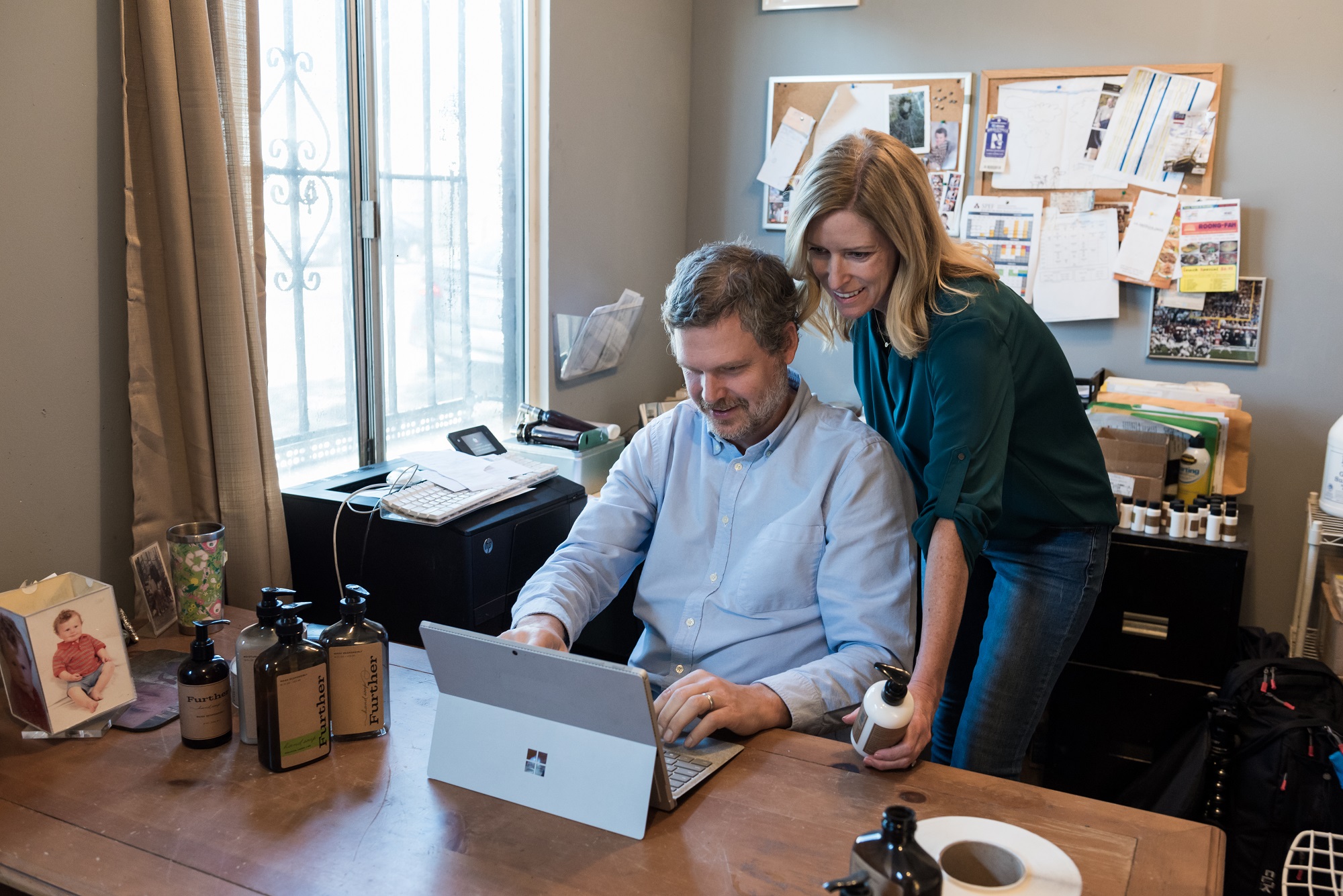
“When I show up for a sales call at a new restaurant, I’m ‘that woman who makes soap from grease,’” says Megan. “Then I bring out my Surface Pro to show them how Further Products will work for them, answer their questions on the spot and prove to them that we are for real.”
She likes how Cortana helps her keep track of her schedule all day long. Marshall likes the Surface’s ability to convert from laptop to tablet when he’s doing inventory in the warehouse with the Surface Pen. He manages orders, products, ingredients and finances with Excel spreadsheets, tracking and analyzing all the company’s essential data in a single tool.
“I’ve used Excel spreadsheets every step of the way, since day one,” he says.
The Surface’s computing power also makes it a cinch for the couple to work at home, in a customer meeting or at the warehouse, and Office 365 helps them communicate and share PowerPoint, Outlook and Excel documents.
With Further Products poised for more growth, the seamless, reliable and secure technologies enable the Dostals to balance many parts of their lives; they collaborate as business partners, share individual strengths and streamline work to make time for family dinners, coaching soccer and picking Wyatt from school.
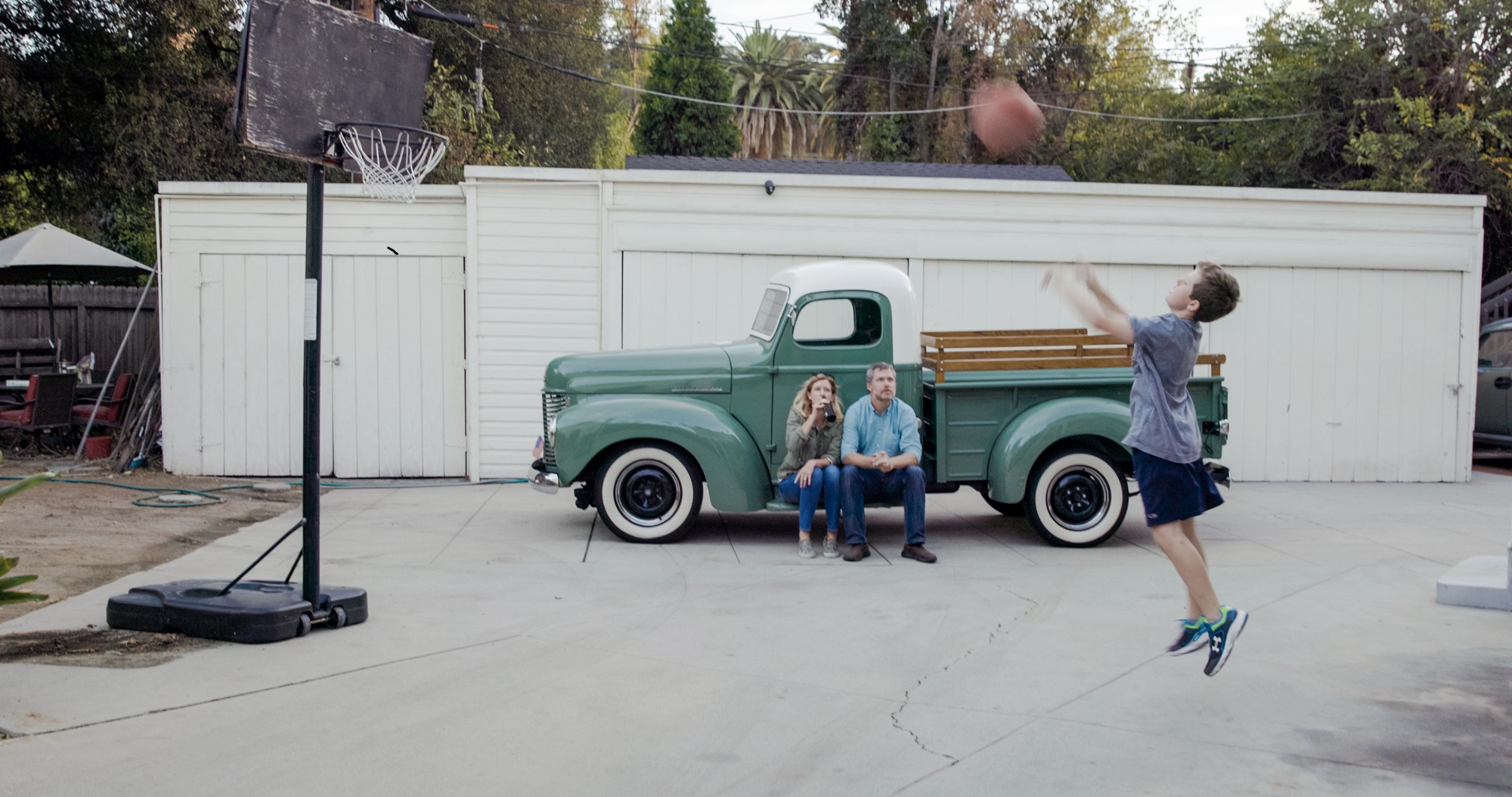
“Family time is very important to us,” says Marshall. “We probably could work harder, but we like that balance. We have some pretty good freedom to create our own hours.”
The Dostals have also managed to grow their business in a way that feels authentic to them, keeping the same values that inspired Marshall to make biofuel and soap in their garage years ago.
“We try to keep it really basic, and live simple, basic lives,” he says. “We want this thing to turn into something massive, but we’re going to be patient until that happens.”
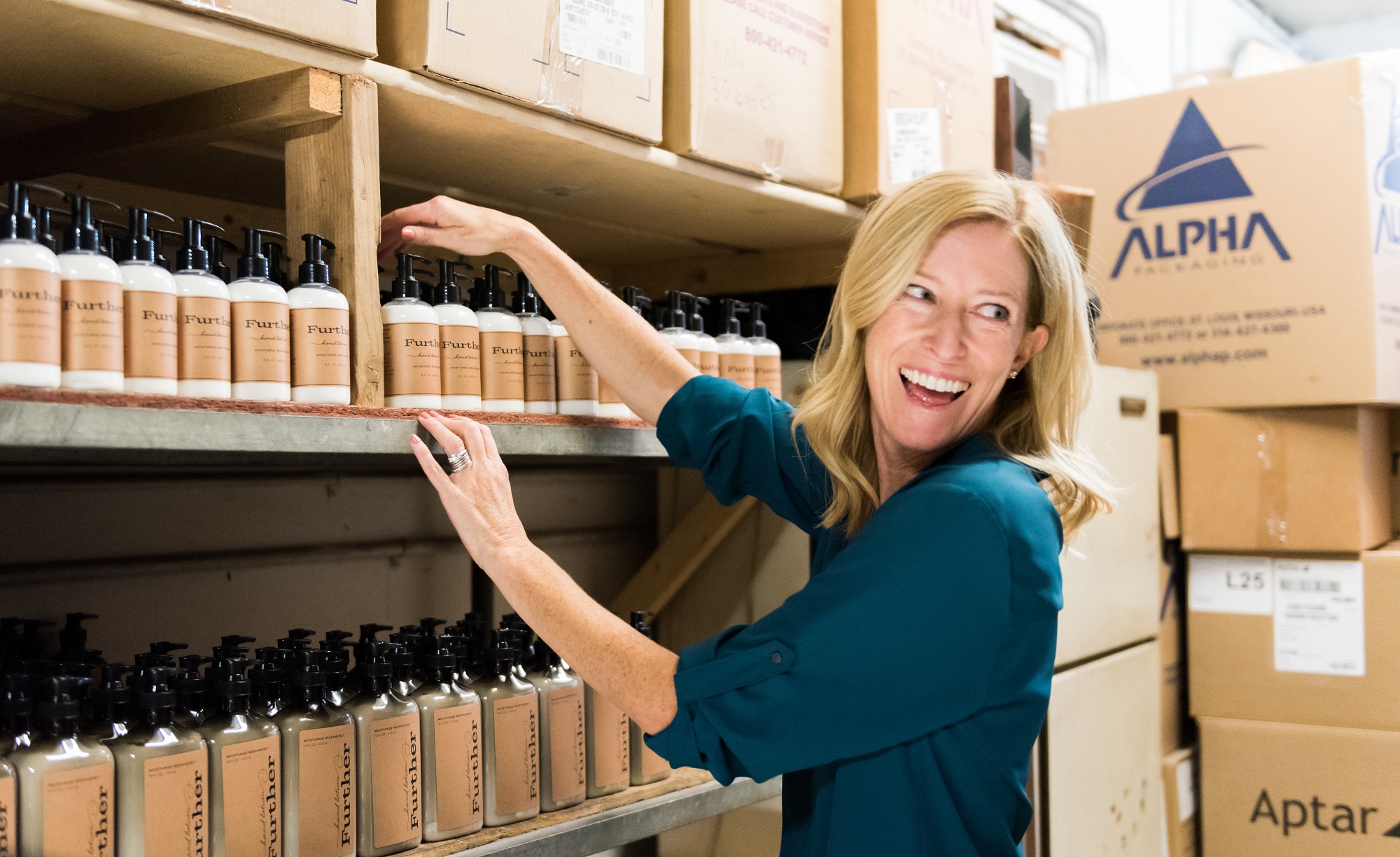
Learn more about the Dostals and Further Products at Microsoft’s Tumblr page and see how Microsoft fuels their business.
Lead image: Megan and Marshall Dostal hold jars of grease in front of Marshall’s Mercedes 300D, which they power with biodiesel they make. Photo by Michael Cree.






